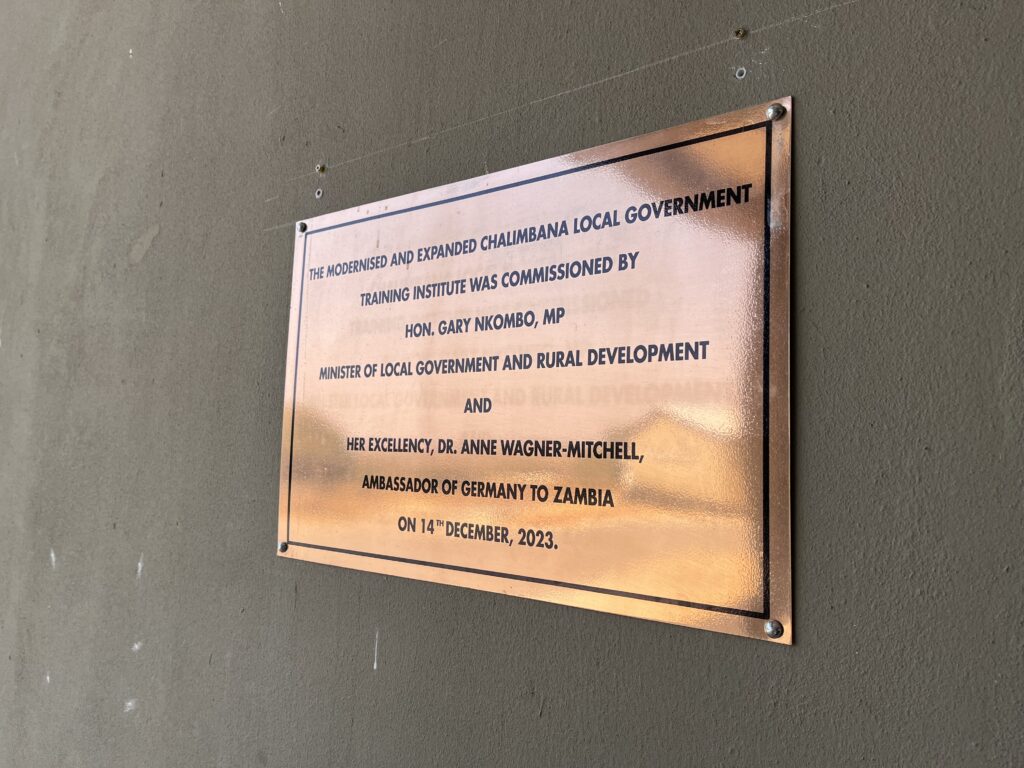Historical Background
Originally established as the “African Local Government School” in 1951, our institution has undergone several transformations, reflecting the evolving landscape of local governance in Zambia. Over the years, our curriculum has expanded to encompass a wide array of subjects, including Local Government Administration, Finance, Law, Social and Economic Services, among others.
As Zambia gained independence, the role of chiefs evolved, leading to the establishment of rural councils in place of native authorities. This pivotal moment shaped the focus of our training programs, emphasizing the need to equip local authority staff with the skills required to effectively manage these newly formed councils.
In 1979, CLGTI underwent a significant transition, becoming a campus of the National Institute of Public Administration under the personnel division. This move marked a new chapter in our journey, enabling us to further refine our offerings and enhance our impact.
In 1985, a presidential directive realigned our institute under the Ministry of Decentralization, solidifying our focus on training staff from Local Authorities. This directive presented both a challenge and an opportunity, prompting us to re-examine our objectives and refocus our efforts on driving meaningful change at the local level.
The United Nations Centre for Human Settlements (HABITAT) transitioned to the National Institute of Public Administration (NIPA), marking the inception of a community participation program in 1988. Concurrently, the Finnish Development Agency (FINNIDA) initiated short courses addressing transportation challenges within councils. A mechanical workshop, overseen by the Transport Assistant Project (TAP) under the Ministry of Decentralization, was constructed at the institute to facilitate these courses. These additions complemented existing programs such as the Certificate in Accounts and Business Studies (CABS), established in 1972.
Throughout our history, we have been led by a distinguished line-up of principals, each contributing to the growth and development of our institute, these including M.M. Heggs, P.G.D. Clark, C.M.N. Whites, D.C. Goodfellow, D.F.H. Frost, A.C. North, and A.L. Andrew. Notably, Mr. F.H.F. Schofield served as the first principal post-independence until 1970, succeeded by Mr. A.K. Kambikambi. Subsequent leaders included Mr. M.L. Wakunguma, Mr. M.M. Manda, and Mr. G.S.S. Syamooba., Mr. Frank Kunda. Today, under the leadership of Mr. James Paipi, we continue to uphold our legacy of excellence and innovation.
